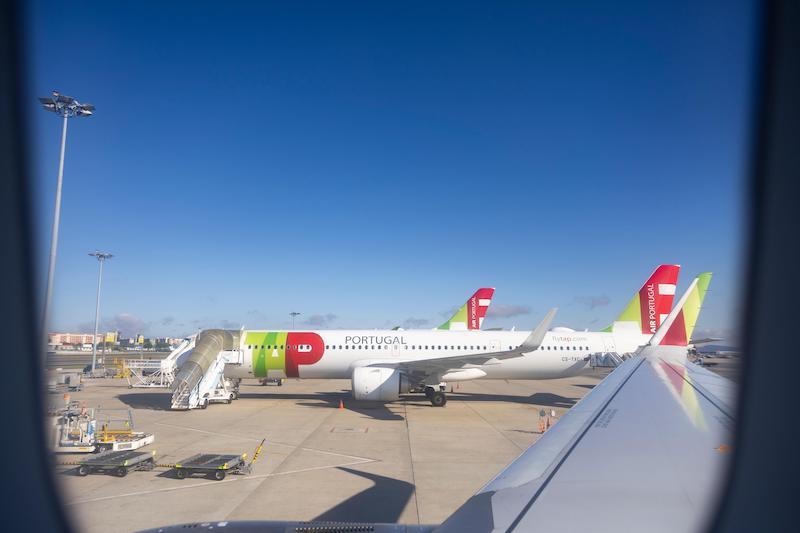
Credit: Vitor Miranda/Alamy Stock Photo
The privatization process for TAP Air Portugal risks being held up by political changes in the country, Portuguese media has reported, as political uncertainty puts strategic projects on hold. Antonio Costa resigned as Portugal’s prime minister Nov. 7 over an investigation into corruption...
Subscription Required
This content requires a subscription to one of the Aviation Week Intelligence Network (AWIN) bundles.
Schedule a demo today to find out how you can access this content and similar content related to your area of the global aviation industry.
Already an AWIN subscriber? Login
Did you know? Aviation Week has won top honors multiple times in the Jesse H. Neal National Business Journalism Awards, the business-to-business media equivalent of the Pulitzer Prizes.
